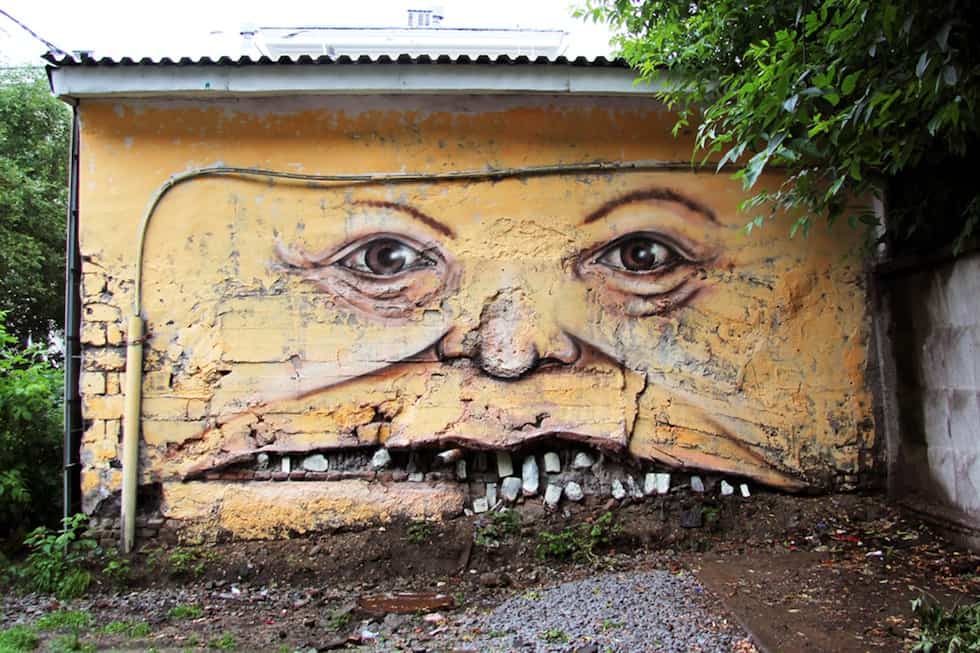
This website uses cookies to improve your experience. We'll assume you're ok with this, but you can opt-out if you wish. Read More
The Next Round: What happens after you change your drinking?

Meet our guest bloggers Toothpick, the UK’s largest database to find and book a dentist appointment. When we think alcohol, we don’t often think about oral hygiene. So, we decided that we needed to find out a bit more. Toothpick filled us in on the detrimental effects of alcohol on teeth and gums: what are they and how to avoid them?
Almost every adult likes an occasional glass of wine, beer or spirit. However, many of us go for more than just the one, consuming bigger amounts on a regular basis. Not only does this cause high blood pressure (hypertension), which increases the risk of having a heart attack or stroke, drinking to excess can also seriously affect oral health. What happens to our teeth and gums when drinking alcohol? Is tooth decay and mouth cancer related to frequent alcohol consumption?
The main threat comes from the sugar content in alcohol (including some beer) which, when broken down in your mouth, creates an acidic breeding ground by bacteria and plaque that causes tooth decay.
Many types of alcohol are acidic and sugary, especially when mixed with fizzy drinks or fruit juices, which are also typically high in sugar. Sparkling wine, for example, is more likely to cause damage due to the acidic nature on your teeth. Frequent consumption can cause tooth decay and acid erosion.
You can probably think of a time when you wanted a greasy hamburger and fries after having alcohol. In fact, drinking has an effect on appetite and generally increases cravings for food in the short term after consumption. The science behind this is that when a person drinks, the body responds to large quantities of increased glucose in the system by producing more insulin, which removes the glucose. Once the process has started, the insulin carries on working removing glucose from the blood. Low glucose levels result in feeling tired.
To overcome this feeling of tiredness the body will be craving a carbohydrate boost. Major damage can be done to your teeth by having a few cocktails and then settling for a sugar rush afterwards. It is well known that decision making is affected by alcohol, so it should be reasonable to suspect that the food choices we make while drinking will not be as healthy as they should be.
Alcohol dehydrates and reduces saliva flow. When you don’t produce enough saliva, which helps to neutralise acids in the mouth as it contains anti-bacterial agents, you’re at higher risk of tooth decay. Dry mouth is potentially harmful, causing higher levels of decay and erosion.
To sum up, excessive alcohol consumption on a regular basis could seriously affect oral health, causing decay and erosion and in some cases even mouth cancer. However, remember we established that it’s the sugar and acid in most drinks that causes most harm. In other words, avoid excessive consumption of fruit juices and fizzy drinks in order to protect your teeth and gums. Another tip is to use a straw when consuming alcoholic drinks as the acidic and sugary effects are reduced with less contact on the teeth. Acidic drinks are also less erosive at lower temperatures, so remember to add some ice!
Make your way to Toothpick to sign up or book yourself a dental appointment.
This website uses cookies to improve your experience. We'll assume you're ok with this, but you can opt-out if you wish. Read More
| Name | Domain | Purpose | Expiry | Type |
|---|---|---|---|---|
| wpl_user_preference | joinclubsoda.com | WP GDPR Cookie Consent Preferences. | 1 year | HTTP |
| PHPSESSID | www.tickettailor.com | PHP generic session cookie. | 55 years | HTTP |
| AWSALB | www.tickettailor.com | Amazon Web Services Load Balancer cookie. | 7 days | HTTP |
| YSC | youtube.com | YouTube session cookie. | 55 years | HTTP |
| Name | Domain | Purpose | Expiry | Type |
|---|---|---|---|---|
| VISITOR_INFO1_LIVE | youtube.com | YouTube cookie. | 6 months | HTTP |
| Name | Domain | Purpose | Expiry | Type |
|---|---|---|---|---|
| _ga | joinclubsoda.com | Google Universal Analytics long-time unique user tracking identifier. | 2 years | HTTP |
| sbjs_migrations | joinclubsoda.com | Sourcebuster tracking cookie | 55 years | HTTP |
| sbjs_current_add | joinclubsoda.com | Sourcebuster tracking cookie | 55 years | HTTP |
| sbjs_first_add | joinclubsoda.com | Sourcebuster tracking cookie | 55 years | HTTP |
| sbjs_current | joinclubsoda.com | Sourcebuster tracking cookie | 55 years | HTTP |
| sbjs_first | joinclubsoda.com | Sourcebuster tracking cookie | 55 years | HTTP |
| sbjs_udata | joinclubsoda.com | Sourcebuster tracking cookie | 55 years | HTTP |
| sbjs_session | joinclubsoda.com | SourceBuster Tracking session | Session | HTTP |
| Name | Domain | Purpose | Expiry | Type |
|---|---|---|---|---|
| mailchimp_landing_site | joinclubsoda.com | Mailchimp functional cookie | 28 days | HTTP |
| __cf_bm | tickettailor.com | Generic CloudFlare functional cookie. | Session | HTTP |
| NID | google.com | Google unique id for preferences. | 6 months | HTTP |
| Name | Domain | Purpose | Expiry | Type |
|---|---|---|---|---|
| _ga_10XZMT03ZM | joinclubsoda.com | --- | 2 years | --- |
| AWSALBCORS | www.tickettailor.com | --- | 7 days | --- |
| cf_clearance | tickettailor.com | --- | 1 year | --- |
| VISITOR_PRIVACY_METADATA | youtube.com | --- | 6 months | --- |
Join Club Soda for 10% off your first order of drinks for UK delivery. Plus get our latest news and special offers for members to choose better drinks, change your drinking and connect with others.
If you get an error message with this form, you can also sign up at eepurl.com/dl5hPn